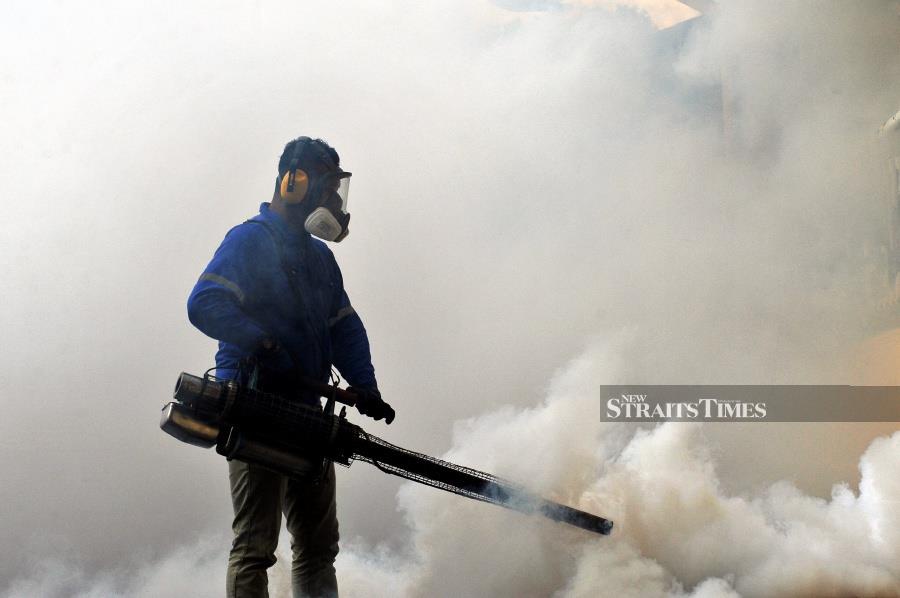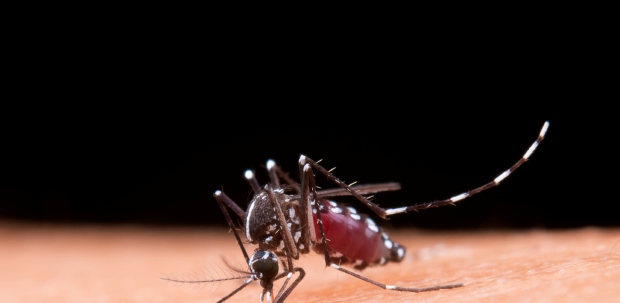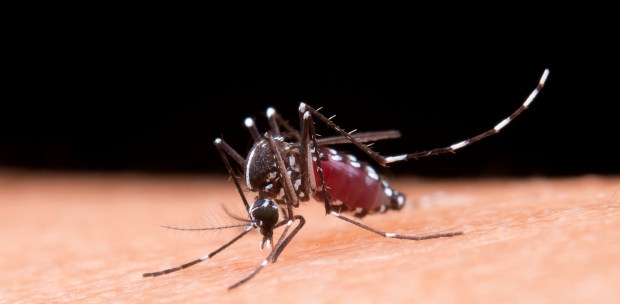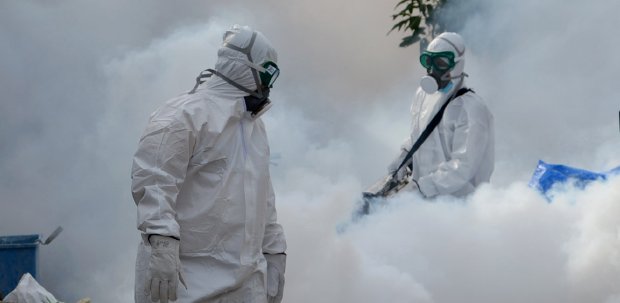KUALA LUMPUR: Experts have outlined various ways in which Malaysia can build a resilient response against dengue fever.
Epidemiologist and health informatician Professor Datuk Dr Awang Bulgiba Awang Mahmud of Universiti Malaya said the nation's dengue vector control required a holistic approach.
He said this would include using biological (such as the use of the Wolbachia bacteria), environmental (like sub-soil drainage), source reduction (such as getting rid of used tyres), chemical (pesticides), personal protection (use of mosquito repellents), genetic (releasing genetically modified mosquitoes) methods and others (such as larvae traps).
"Equally important is health education. Relying on the authorities to control dengue is unsustainable as there are other public health priorities.
"Furthermore, the healthcare system is already stretched."
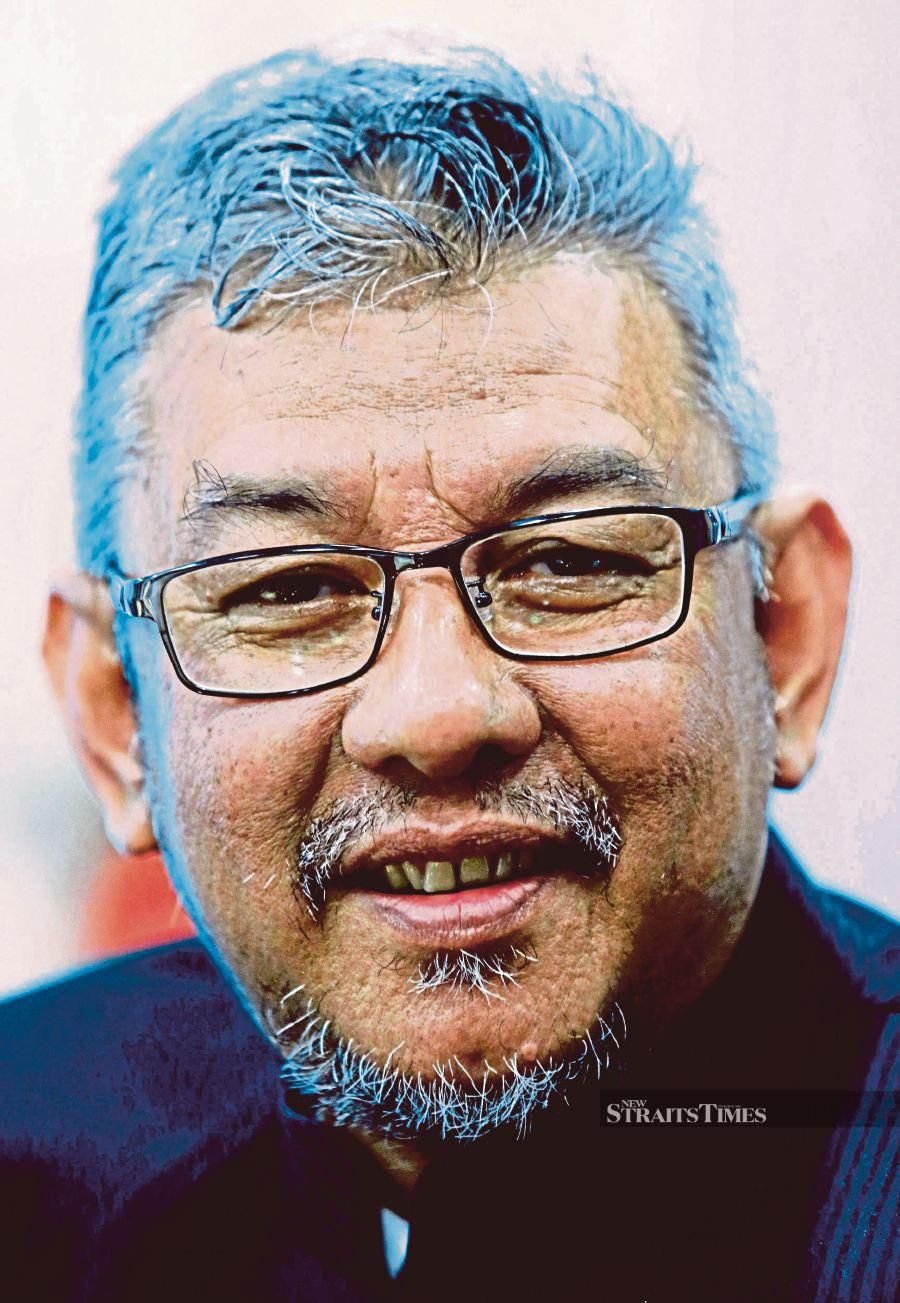
Public health expert and epidemiologist Professor Datuk Dr Lokman Hakim Sulaiman said to fight mosquito-borne diseases, one must tackle all four factors in its transmission dynamics, but dengue had issues in all four, unlike malaria.
"We have no effective drug to kill the virus.
"Unlike malaria, Aedes mosquitoes bite when humans are active, making bed nets useless.
"Insect repellant does help to prevent mosquito bites but this has not been actively promoted.
"We, including local governments, must examine the environment, as well as construction sites, abandoned premises, poor or illegal waste disposal sites, and clogged rain gutters that perpetuate mosquito breeding.
"And there are issues with insecticides (which are becoming less effective in killing Aedes mosquitoes)."
He said there was a need for long-term measures through local government by-laws/regulations to ensure Aedes-free buildings and environment, and called for compulsory mosquito screening for newly constructed housing areas.
Malaysia, he said, also needed proactive intervention based on predictive models.
Several have been developed, including the D-MOSS system, which uses satellite weather data for better prediction.
Studies had shown that using mosquito repellent, covering water containers, removing stagnant water and using insecticides are effective dengue-prevention methods, but less than 80 per cent of people practised moderate to good dengue preventive measures.
Public health expert Datuk Dr Zainal Ariffin Omar highlighted the importance of using mosquito repellent and "doing the basics" as informed by the authorities to control the spread of dengue.
"Human behaviour is a crucial factor in Aedes breeding and dengue transmission," he said.
Associate Professor Dr Pratap Singhasivanon, an authority on the epidemiology of tropical diseases and vector-borne infectious diseases in Thailand, said besides vector control, environmental management and vaccines were crucial to tackling dengue.
"These three intervention measures, when taken together, will lead to a more sustainable reduction in transmissions at the community level."


